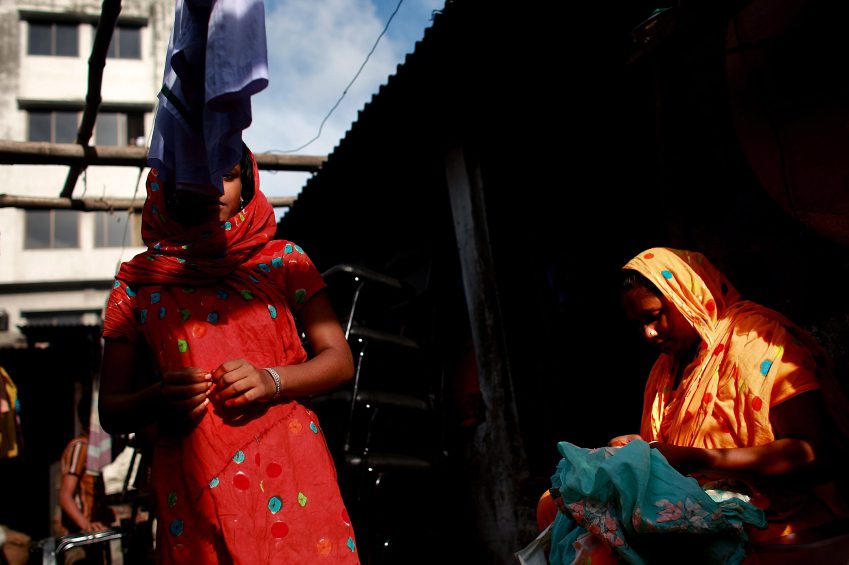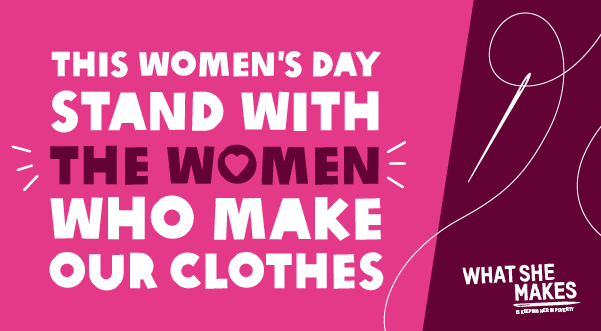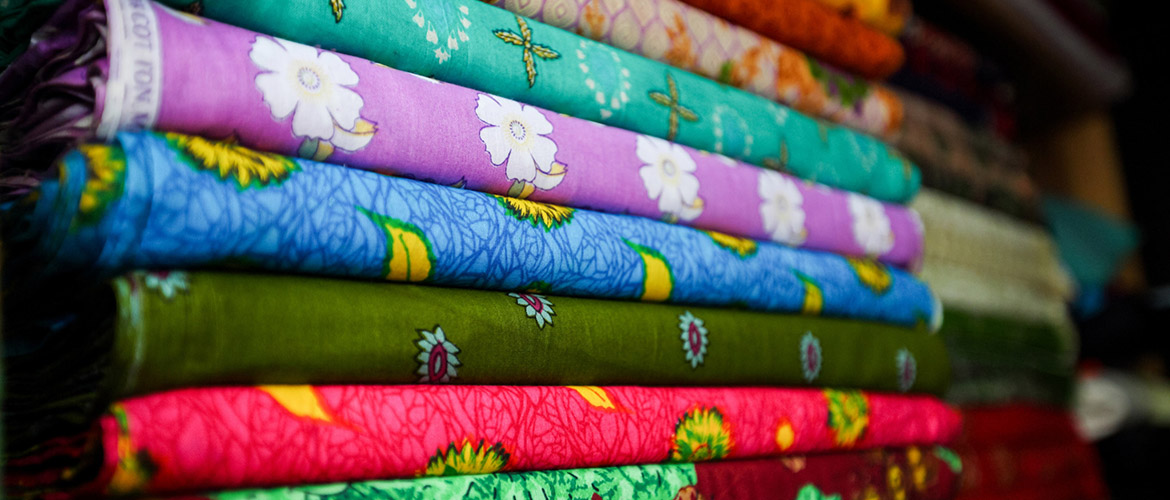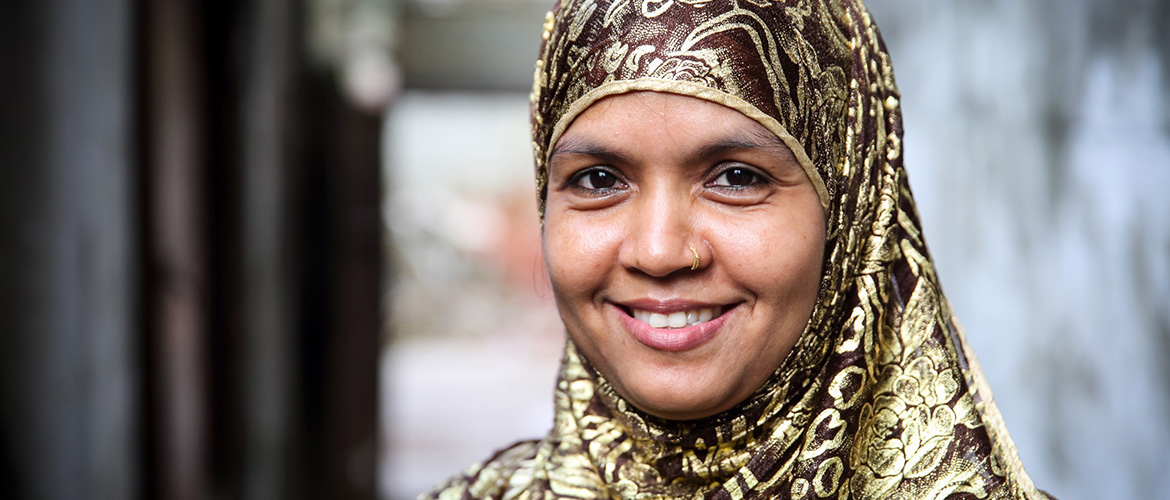Phillips Van Heusen Corporation (PVH) who owns both Tommy Hilfiger and Calvin Klein has signed a historic agreement to protect Bangladeshi garment workers from dangerous working conditions.
PVH, one of the largest apparel sourcing companies acting in Bangladesh, has faced much criticism in the past for failing to act in response to numerous fatal factory fires.
Bangladeshi garment workers face some of the most precarious working conditions and lowest wages in the world. Factory fires and building collapses have been a common occurrence. Since 2000 more than 300 Bangladeshi factory workers have lost their lives and thousands have been injured in preventable factory fires because of terrible safety conditions in the industry.
Due to their reliance on the garment industry for income, the Bangladeshi government has been reluctant to criticize companies that source from these factories and workers often face discrimination if they speak out.
Following a spate of deadly factory fires, groups such as the Clean Clothes Campaign, the Maquila Solidarity Network, and the International Textile, Garment and Leather Workers Federation have worked hard to bring the Bangladeshi garment workers’ plight to the international stage. Together with international unions and NGO networks they have been pushing for companies that source from Bangladesh to agree to a set of safety standards in their factories.
PVH was initially reluctant to implement the necessary changes. But after an American ABC expose revealed how many U.S brands, particularly Tommy Hilfiger, were benefiting from the poor working conditions and low safety standards in Bangladeshi garment factories, PVH has come on board.
PVH has now agreed to the first legally binding, enforceable and fully funded fire and building safety program in Bangladesh. The Memorandum of Understanding on Fire and Building Safety has been signed by seven Bangladeshi unions and NGOs to date.
This is a great outcome for Bangladeshi garment workers as the agreement includes: independent and publicly disclosed building inspections directed by an impartial and non-aligned chief inspector, mandatory and time-bound factory renovations and reparations to eliminate building and fire hazards, incentives to factories for compliance in the form of orders and fair product prices, the space for workers to report health and safety hazards confidentially and a safety training program with trade union involvement.
However, for the program to go ahead a further three companies must follow PVH’s lead and sign the memorandum.



